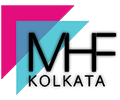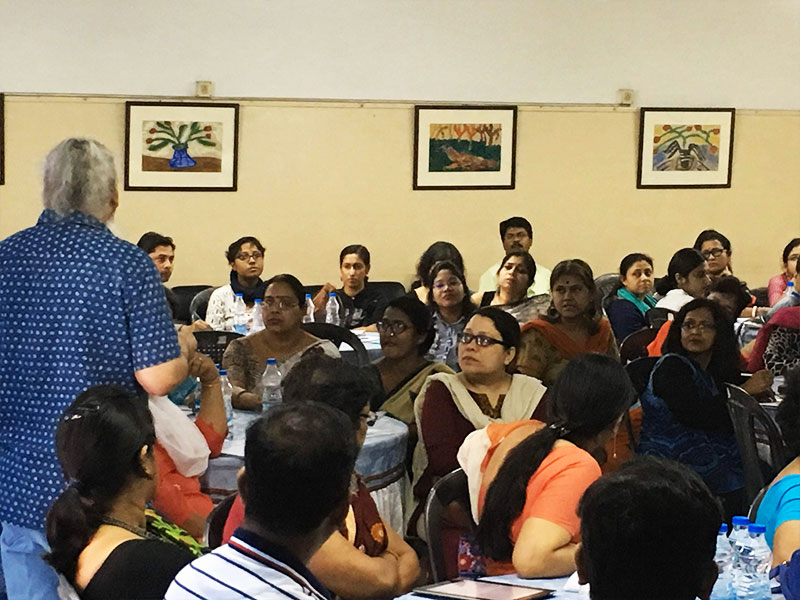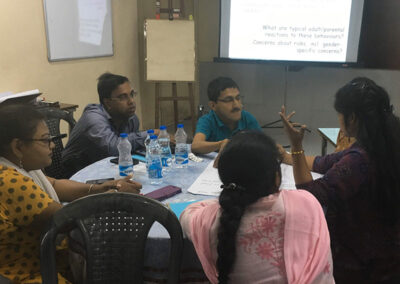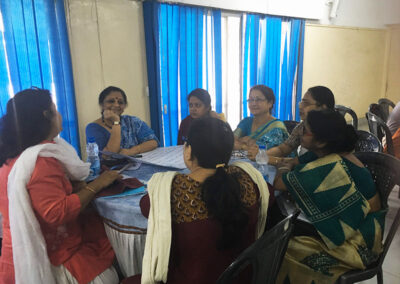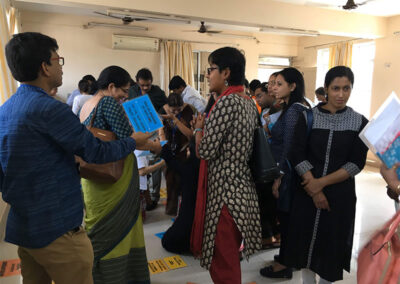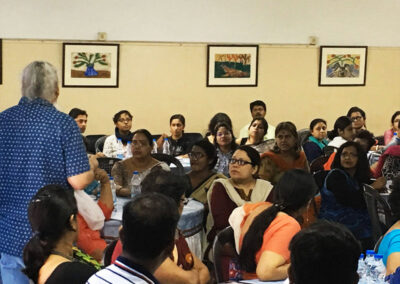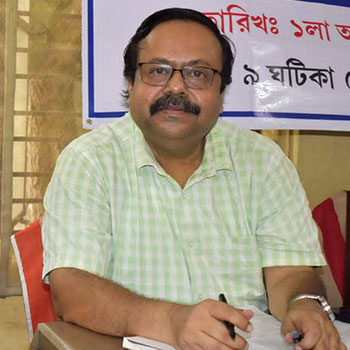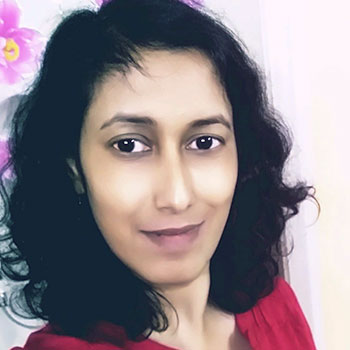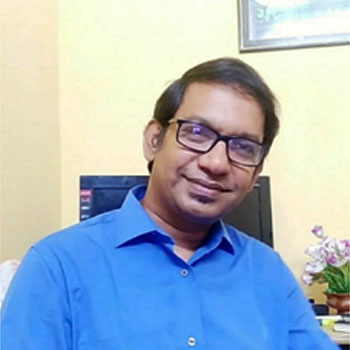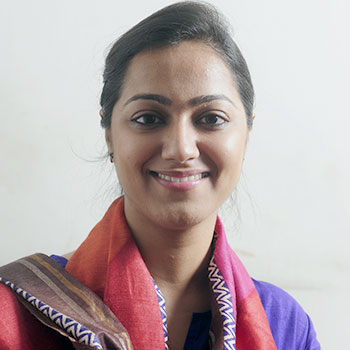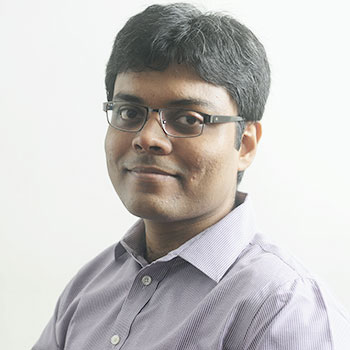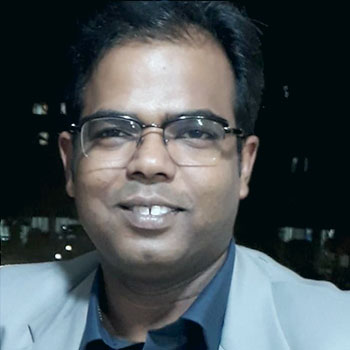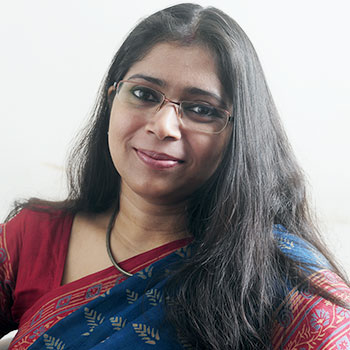One of the key constituencies of our work are children and young people with Developmental Disorders. Developmental Disorders include conditions like Attention Deficit Hyperactivity Disorders, Autism Spectrum Conditions, Mental Retardation, Speech and Language Disorders, Specific Learning Disability and Cerebral Palsy are some of the examples of what is included in this group. There are no training programs which enhances the skills of carers of children and young people, which helps them to address the issue of emerging sexuality, sexual identity and safe sexual practices for them. There is ample material and guidance available for ‘neurotypical population but how do you educate a child with limited intellectual capacity/social maturity/speech and language impairment on these vitally important themes, which is so much required for their own safety and self-esteem?
We know from experience and research evidence that children and young people with disabilities are far more vulnerable to sexual abuse, yet no culturally sensitive material and training modules exists in our country which addresses the significant need of carers who live and work with this group. The issue of sexuality is shrouded in secrecy, shame, and repression. Most of us do not acknowledge that young people with disabilities too have a right to engage in sexual practices. How does a mother of a 5 year old with Autism, educate her son about body parts and keeping safe? How does a teacher in a special school for children with Mental Retardation talk to a 13 year old who has drawn sexually explicit picture on his notebook? How does a social worker approach a 18 year old girl who has become infatuated with his teacher? These are many of the numerous questions which our team at MHF had to address virtually everyday in our routine clinical work.
A huge gap in our learning in this domain became obvious through our clinical work and training programs on disabilities. The training module, developed after moths of hard work reflects our commitment to enhance the quality of life of this exclusive group of children, young people, and their carers.
A process of round table meetings with experts, literature search, interviews with national and international experts, field testing the emerging module with target population and modifying the training material based on feedback finally has lead to a living document and training module. Some of the organisations with whom we have done the training are Indian Institute of Cerebral Palsy, Kolkata, India Autism Centre, Kolkata, Autism Society of West Bengal and Alokdhara. Here are some pictures of our different training program which were held in 2019-2020
